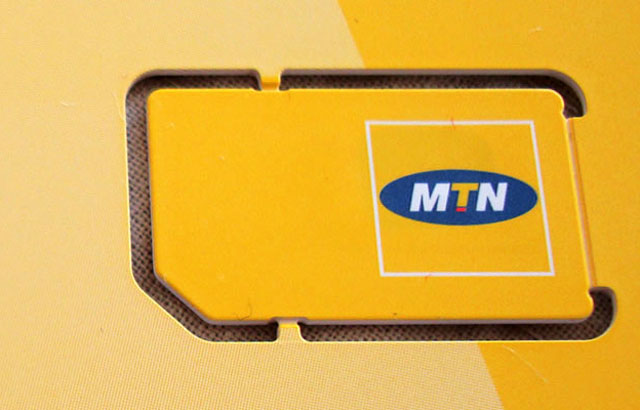Listen to the author read this column:
[audio: https://techcentral.co.za/wp-content/audio/columns/dm-col-08022015.mp3] There were several interesting developments this week in the increasingly complex consolidation game unfolding in South Africa’s information and communications technology (ICT) sector.
There were several interesting developments this week in the increasingly complex consolidation game unfolding in South Africa’s information and communications technology (ICT) sector.
Firstly, Telkom and MTN, already in discussions about working more closely together in mobile telecommunications, may now be getting altogether more amorous. News wire Bloomberg, quoting three unnamed sources, this week said MTN “has considered buying a stake” in Telkom.
If true, it’s the second time in seven years the mobile provider, which operates in 22 markets across Africa and the Middle East, has considered buying into the predominantly fixed-line operator in which government still holds a direct 39,8% stake. A deal could make sense, especially in light of the fact that rival Vodacom is making a bid for Neotel, which was licensed in the mid-2000s as South Africa’s second national fixed-line operator.
MTN and Telkom have been in talks for the past year about expanding an existing agreement that would allow each other’s users to roam seamlessly between their respective networks. Telkom is also keen to outsource management of its radio access network — the wireless bit that connects end users to its base stations — to MTN to offset losses in its poorly performing mobile business.
However, if the two operators are now talking about an equity deal as Bloomberg suggests, it changes the game significantly. Are they gambling that such a deal would be allowed by the competition authorities if Vodacom’s acquisition of Neotel, currently the subject of investigations by the Competition Commission and communications regulator Icasa, is given the green light?
This latest development comes as finance minister Nhlanhla Nene explores the idea of selling nonstrategic government assets — including assets in the telecoms sector — to help rescue Eskom.
Judging from news reports, the treasury appears more keen on the idea of selling government’s 13,9% stake in Vodacom than offloading its Telkom stake. That may have more to do with politics than much else – selling the Vodacom stake, which is worth about R27bn, is likely to encounter far less resistance from trade unions. The ANC’s alliance partners and the leftists in the party itself are also likely to resist any proposal to dispose of the Telkom stake, worth R15bn at the current share price.
Of course, government should have sold its interests in the telecoms sector, and particularly in Telkom, many years ago. By doggedly holding onto its stake in Telkom, it has caused untold damage to the company and the sector. But that’s a subject for another column.
The speculation about Telkom and MTN isn’t the only development to get tongues wagging this week.
On Tuesday, Telkom announced unexpectedly — in the form of a terse media statement — that it had withdrawn an application to Icasa seeking the authority’s go-ahead for its proposed R2,7bn acquisition of the listed IT services group Business Connexion.
This was because the two companies, acting on legal advice, felt it was not necessary to get Icasa’s approval to transfer licences from Business Connexion to Telkom. The firms had applied to Icasa in August 2014 for written approval for a change in control of Business Connexion’s shareholding to Telkom.
“Subsequent to this application, both Business Connexion Group and Telkom have further reviewed the Electronic Communications Act [and] … the view has been taken that the application for the transfer of licences … will not be required,” Telkom said.

The deal, the company said, must still be approved by the competition regulators.
The decision to withdraw the Icasa application has raised questions about what it means for Vodacom’s proposed purchase of Neotel. Vodacom is also seeking the telecoms authority’s nod to proceed. A Vodacom spokesman this week said that the company has no plans to change its application.
Was Telkom’s move meant as a snub to Icasa, as one industry wag asked this week? Or was it some kind of attempt to force Icasa to change the rules prior to making a decision on Neotel?
Telkom argued in recent Icasa hearings on the Vodacom-Neotel transaction that the authority had to craft new regulations before it could decide whether or not to approve or reject the deal. It had no power to make a decision before it had done that, Telkom said.
It’s far from clear how any of this will turn out. Indeed, the only certainty right now is that a lot of lawyers are getting very rich.
- McLeod is editor of TechCentral. Find him on Twitter
- This column was first published in the Sunday Times




